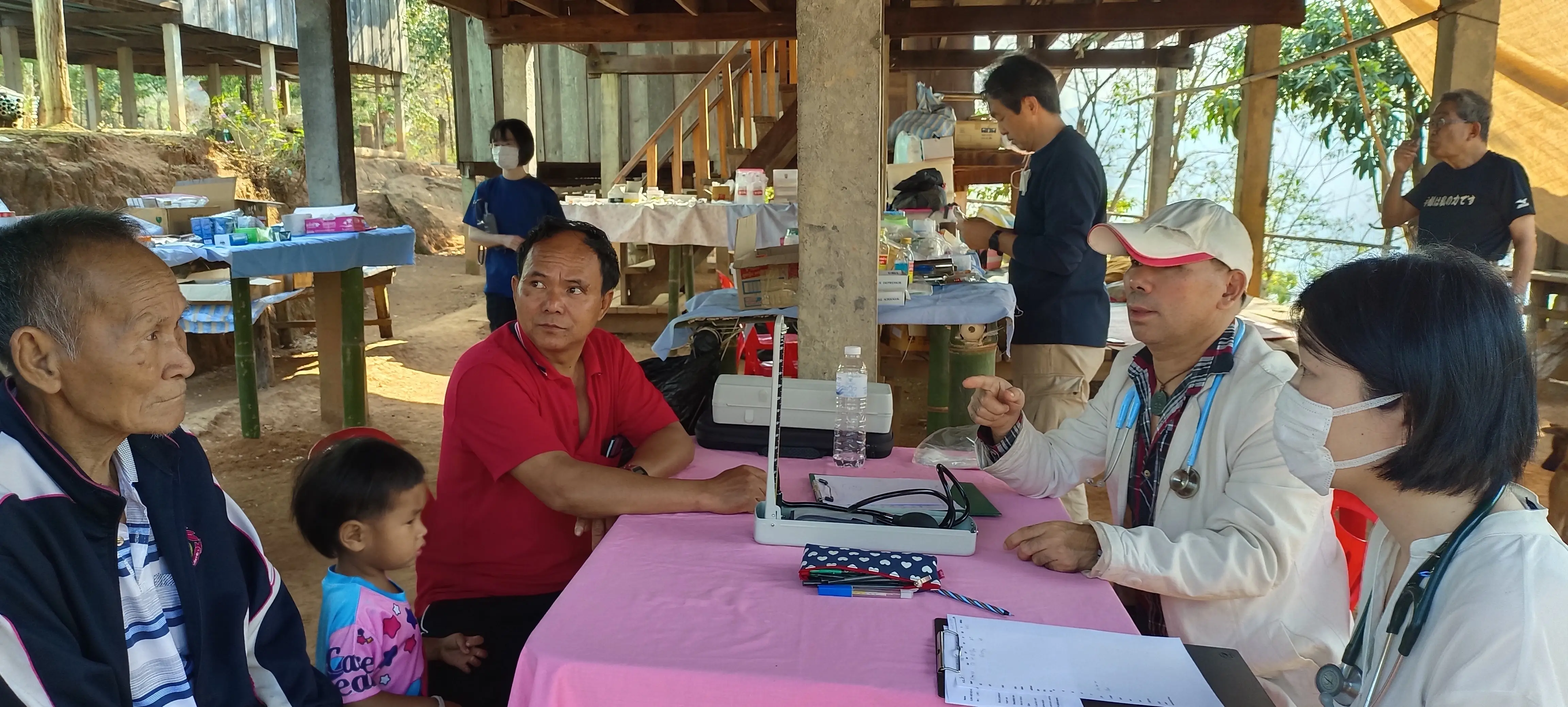Nonprofit
Medical Elective in the tribes
Details
Description

Motivations
An elective represents a unique opportunity for medical students allowing them to experience healthcare in a setting unfamiliar to that in which they are accustomed to studying,and also provides the opportunity for medical students to develop their skills by observing and participating in healthcare overseas.Classically, students embark on elective placements abroad, often in the developing world or other countries where scientific, social, economic or cultural standards differ from those found in the country where the student's medical school is situated.
Aside from providing experience of differing practices, electives also allow students to encounter medical conditions they are less used to seeing at home. In addition, students often retrospectively describe how their placements broadened their horizons with regards to the social issues affecting healthcare in developing countries.
Our airm is to help you grow as a healthcare service professional. We offer a life-changing opportunity to experience medicine in a manner every health care professional who wishes to makde a difference needs to. Our mandate means we take our many obligations seriously, first maong them being to provide students with the best possible placements. Students aim for this elective placement is to practice clinical medicine within the context of a hill tribe culture and indenfify the common diseases that affect the populations.
Students will have an opportunity in history taking, procedural skills, physical exams, medical tests, blood staining, giving injections; both IM, IV, drips, blood grouping, clinical decisions concerning patient care and patient admissions. Furthermore, students will experience how doctors work in an environment where resources are limited and to develop their own clinical skills. These will sometimes prove to be a challenge due to the translation that would be required from tribal dialect to English.
We see 60-120 sick villagers a day in a village clinic with two days follow-up-clinic set up. We usually set up 3-6 clinics per week as we stay 3 days in each village. We carry quite a list of drug collections with us along with a few medical test kits including portable ECG, microscope.
We see around 250-350 sick villagers a week and cover 3-5 villages in a week, and operate in 3 sub-districts in Chiang Rai region, northern Thailand, where we cover around 50 or so villages.
Food and Lodging:
You will be staying in a bamboo house with a host hill tribe family. 1-3 volunteers will be hosted in a bamboo house depending on the size of the house; more room more volunteers, less room less volunteers.
All the bedding like blanket, pillows and mosquito net will be provided.
Food:
3 meals cooked in a hill tribe style will be served every day, consisting of rice and a few varieties of dishes, depending on the situation different types of meat will be served: fish, pork, chicken, eggs and beaf. But most of the time we reply on vegetables, eggs and grains; beans and lentals.
Chilli is always served a typical hill tribe dish.
Vegeterian food can be easily arranged upon request.
Expense for food and lodging:
It is 150-300 US$ per week per volunteer plus funding the medical project
For more information on fuding kindly visit our website stated below.
For prompt reply, kindly contact us on facebook.
https://web.facebook.com/hilltribeDr/
Requirements
Every student need to apply for the placement at least 2-6 months in an advance before he or she comes for it.
Every student need to fill up the online application on our website
Every student need to confirm his or her placement by paying 100 US$ through PayPal
Every student need to apply for a grant or funding from any resources where the funds are available
Motivations
An elective represents a unique opportunity for medical students allowing them to experience healthcare in a setting unfamiliar to that in which they are accustomed to studying,and also provides the opportunity for medical students to develop their skills by observing and participating in healthcare overseas.Classically, students embark on elective placements abroad, often in the developing world or other countries where scientific, social, economic or cultural standards differ from those found in the country where the student's medical school is situated.
Aside from providing experience of differing practices, electives also allow students to encounter medical conditions they are less used to seeing at home. In addition, students often retrospectively describe how their placements broadened their horizons with regards to the social issues affecting healthcare in developing countries.
Our airm is to help you grow as a…
Location
T.B Doi Han, Chiang Rai Sub District
How to Apply
For more information kindly visit our website stated below. Thanks.
For prompt reply, kindly contact us on facebook.
For more information kindly visit our website stated below. Thanks.
For prompt reply, kindly contact us on facebook.


